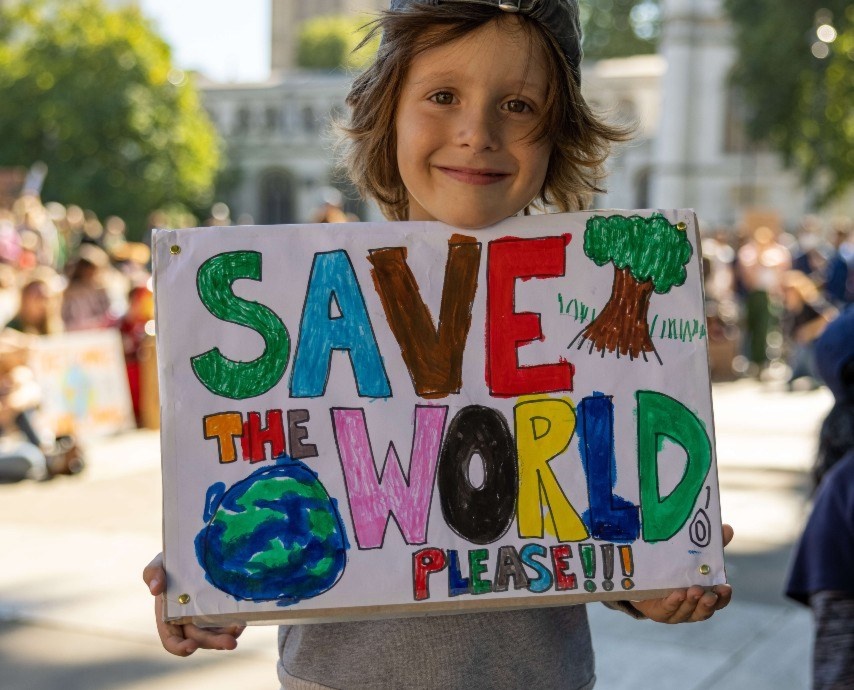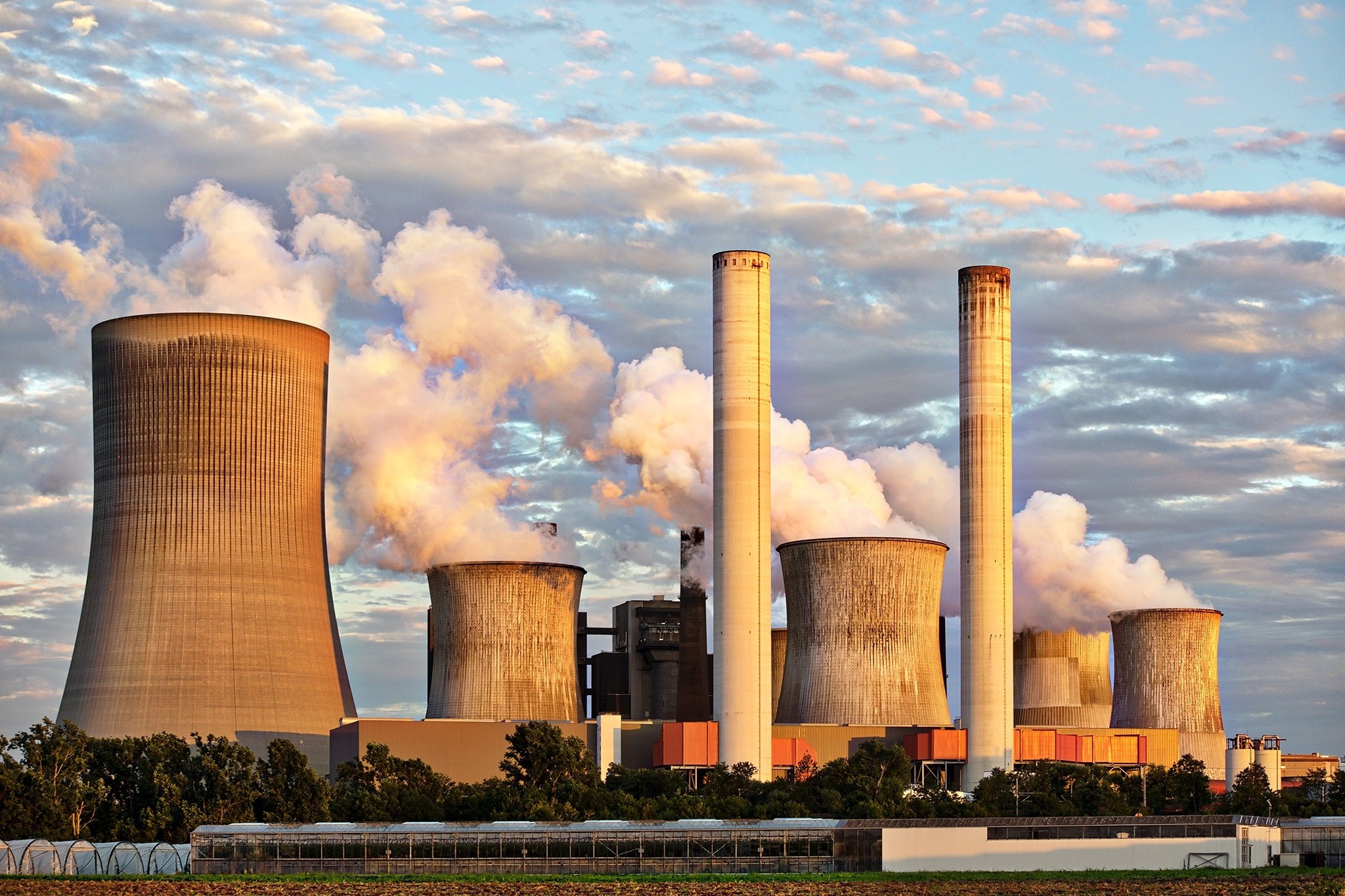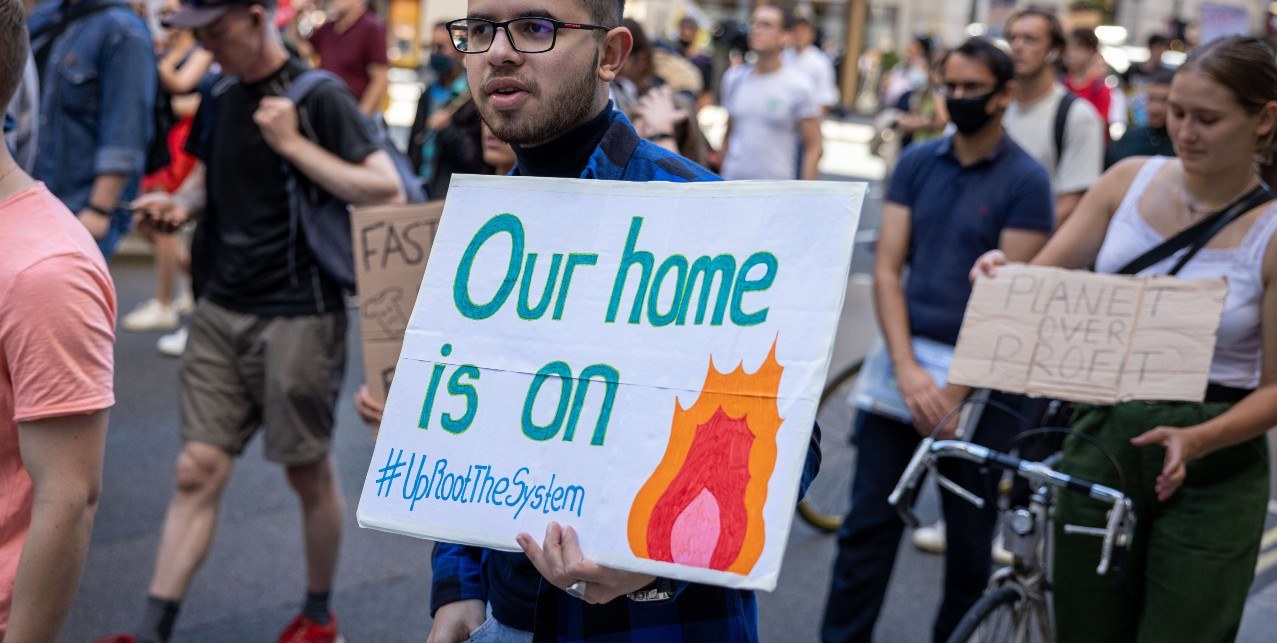
As COP ends, the real work must start
COP26 is drawing to a close, and while the final analysis of what was achieved is still on going, there is no doubt about how much there is still left to do. Ultimately, the actions we take over the next 5 years will determine our human experience and the impact on our planet for the next 50,000 years and more.
We cannot pause in our efforts; we must not let our attention slide. COP26 should have been the most important meeting for generations, but what really changes the world is effective, sustained, action, not meetings.
We – governments, businesses, the public – know what we need to do. We cannot abandon 1.5C. We are already witnessing deadly fires, floods, storms and famines driven by the climate crisis – and we are only at 1.2C of heating. At 2.4C, our current trajectory, we will not only see more and worse catastrophic events; we will lose whole ecosystems, almost entirely exterminating our coral reefs; millions of people will be forced to flee their homes; and wars over food and water, already being fought by those on the frontlines of the crisis, will ravage the world.
Developed nations – those who have benefitted most from carbon-intensive development and contributed the most to heating our planet – must do more to reduce emissions. They must increase their support to developing nations and the most vulnerable communities, who did the least to cause this crisis, and whose homes, livelihoods and cultures are being destroyed by the consequences of global heating.
A ‘whole of government’ and ‘whole of economy' approach is needed so that we free every political portfolio, every business, every home, from our current carbon addiction.
Governments must use fiscal and monetary policy to drive change, setting far more ambitious rules covering the decarbonisation of all economic sectors and a transition towards a circular economy where waste and emissions are eliminated.
Every nation must commit to urgently phasing out the production and consumption of fossil fuels rather than kicking the can down the road and relying on unproven carbon-capture technologies for false net zero solutions. Net zero is not real zero and the climate crisis will not be solved with shallow accounting tricks.
It should go without saying that fossil fuel subsidies must unequivocally end, now. Propping up a dying industry that is causing death and destruction across the world is both morally and economically unconscionable. Now is the time to use that money, those billions of dollars spent every week, to boost the renewable energy sector and other green businesses to create countless jobs and a stable, sustainable global economy.
Decisive action on climate is not a ‘cost’: it is an investment, not just in our future, but in our survival. Such investment would represent the greatest cost-saving of human history.
The green transition will bring a reinvigorated, revitalised jobs market. In the UK alone, if the government follows the advice of the Committee on Climate Change, it will generate 1.7 million green jobs just in this decade. Investing in clean energy can create 2-3 times the number of jobs gained from investing the same amount in fossil fuels.
Investing now also means we avoid vast costs, not just of the damage and destruction from extreme weather, but also the need to adapt to a drastically altered climate. The money we spend today will return many times its value, but the “Bank of Nature” will charge a wholly unsustainable rate of interest if we do not pay off our debts now.
As COP26 ends we know that we have not done enough. But we also know that we have the solutions. Every one of us is now needed to put our shoulder to the wheel to push forward for the transformation to equitable, sustainable world.
SIGN UP FOR OUR EMAILS AND STAY UP TO DATE WITH EJF

